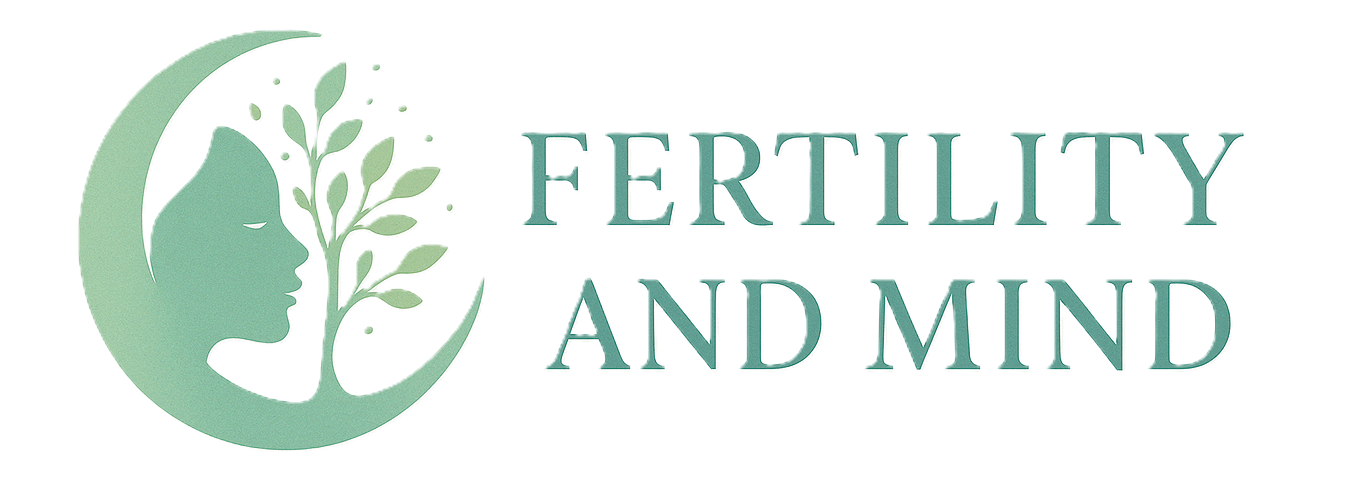
For many people, the journey to parenthood is not as straightforward as expected. Trying to conceive (TTC) or going through fertility treatments can bring a rollercoaster of emotions hope, frustration, fear, and sometimes grief. Stress becomes a constant companion, and that’s where mindfulness practices can offer comfort.
Mindfulness doesn’t mean ignoring pain or forcing positivity. Instead, it’s about creating small, intentional moments of presence learning to observe emotions without judgment, calm the nervous system, and reconnect with yourself during an often overwhelming process.
Why Mindfulness Matters in the Fertility Journey
Understanding the emotional toll of infertility
The stress of infertility is often compared to the stress experienced with serious illness. Between endless appointments, medical procedures, and waiting for results, the emotional weight can be heavy. Mindfulness provides a way to anchor yourself in the present instead of being consumed by “what ifs.”
How stress impacts the body and mind during TTC
Chronic stress increases cortisol, disrupts sleep, and can affect hormone regulation. While stress doesn’t directly cause infertility, it makes the journey harder to bear. Mindfulness helps lower stress levels, which improves both emotional well-being and overall health.
Core Mindfulness Practices for Fertility Patients
Breathing exercises to calm the nervous system
Simple breathing can shift the body out of “fight or flight.” Try the 4-7-8 method: inhale for 4, hold for 7, exhale for 8.
“After another negative test, I felt my chest tighten. Just 5 minutes of slow breathing didn’t change the result but it gave me the calm I needed to fall asleep.”
Body scan meditation to reconnect with your body
Infertility can make you feel disconnected from your body. A body scan gently focusing on each part of your body from head to toe helps you notice sensations with curiosity instead of frustration.
Journaling as a tool to release overwhelming thoughts
Writing down racing thoughts can be liberating. It doesn’t need to be structured or poetic; it’s simply a way to clear mental clutter.
“Journaling became my emotional release. Putting thoughts on paper made space for calmer, kinder feelings.”
Guided imagery and visualization for hope and healing
Guided meditations that focus on imagery such as envisioning a calm place or imagining your body healing can reduce anxiety and restore hope during difficult moments.
Mindfulness as a Daily Ritual
Creating small moments of presence in daily life
Mindfulness doesn’t have to be long or formal. Try practicing presence while drinking tea, walking outdoors, or even brushing your teeth bringing full awareness to the activity.
Evening routines that promote relaxation and better sleep
Many patients find it hard to sleep during fertility treatments. A simple evening routine soft lighting, a gratitude journal, and a short meditation helps calm the body before bed.
Practicing gratitude alone or with your partner
“Each night, my partner and I shared three small things we were grateful for even on the toughest days. That ritual reminded us that we were a team, no matter the outcome.”
Mindfulness in the Context of Fertility Treatments
Managing stress during IVF or IUI
Appointments, injections, and procedures can feel mechanical. Using short breathing exercises before or after appointments can soften the intensity.
Staying grounded while waiting for results
The two week wait is infamous for anxiety. Practicing mindfulness such as guided meditation or gentle yoga can help keep the mind anchored instead of spiraling.
Using mindfulness to cope with uncertainty and setbacks
Mindfulness teaches us not to suppress emotions but to hold space for them. This can help patients navigate setbacks with more resilience and compassion.
The Human Side of Mindfulness
Personal reflections: learning to observe emotions without judgment
“The biggest lesson I learned was that mindfulness didn’t erase sadness or frustration it gave me permission to feel them without drowning in them.”
How mindfulness can strengthen connection with your partner
Practicing mindfulness together whether through meditation, gratitude sharing, or simply deep breathing can reduce relationship strain and create a sense of unity.
Realistic expectations: mindfulness as support, not a magic fix
Mindfulness won’t guarantee pregnancy, but it does guarantee greater peace of mind. Think of it as an ally that makes the path less overwhelming.
Conclusion: Finding Calm and Compassion Through Mindfulness
Mindfulness is not about controlling outcomes but about softening the journey. For fertility patients, it provides tools to manage stress, cultivate emotional balance, and reconnect with hope.
Whether it’s five minutes of breathing, journaling your thoughts, or practicing gratitude with your partner, mindfulness is a reminder that even in uncertainty you can create moments of calm and compassion.

